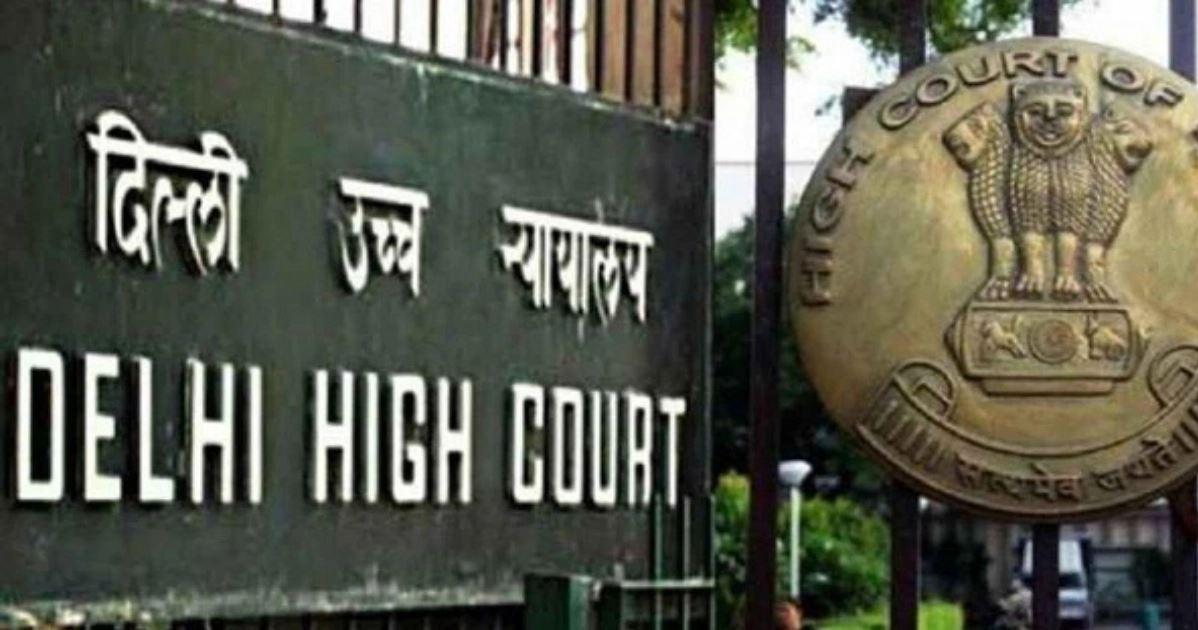In an effort to uphold the anonymity and confidentiality of survivors of sexual offenses, the Delhi High Court has issued directives stating that the names, parentage, and addresses of these survivors should not be disclosed in court documents.
These practical guidelines, issued through the registrar general, mandate that the court registry meticulously examine all filings related to sexual offenses to ensure the strict protection of the prosecutrix’s, victim’s, or survivor’s identity. This includes safeguarding the victim’s name, parentage, address, social media information, and photographs, all of which must not be divulged, even in the memo of parties.
These directives were issued in compliance with Justice Anup Jairam Bhambhani’s April judgment, which determined that there is no legal requirement to involve the victim of sexual offenses as a party in criminal proceedings initiated by the state or the accused. The high court’s practice guidelines, in line with the April judgment, were issued on October 4.
The court further directed the registry to ensure that the victim’s details do not appear in the court’s cause list. Even if family members of the prosecutrix, victim, or survivor are accused in the case, their names, parentage, and addresses, which could indirectly lead to the identification of the victim, must not be disclosed in the filings, including the memo of parties.
The court emphasized that during the scrutiny of filings, if the registry discovers that the victim’s identity credentials are disclosed in the memo of parties or elsewhere, the documents should be returned to the filing lawyer for redaction.
To prevent the dissemination of identifying information to any individual or agency within the high court, the court instructed that all communication with the victim must be channeled through the Investigating Officer (IO), who should be discreetly attired to avoid undue attention. The IO is also responsible for informing survivors of their right to free legal assistance.
If the parties wish to present any identifying information about the victim in court, such as photographs or social media communications, it must be submitted in a’sealed cover’ or within a ‘pass-code-locked’ electronic folder. The court clarified that these directives are not exhaustive, and the registry is expected to apply its discretion to address any unique aspects of a given case during the scrutiny process.

















